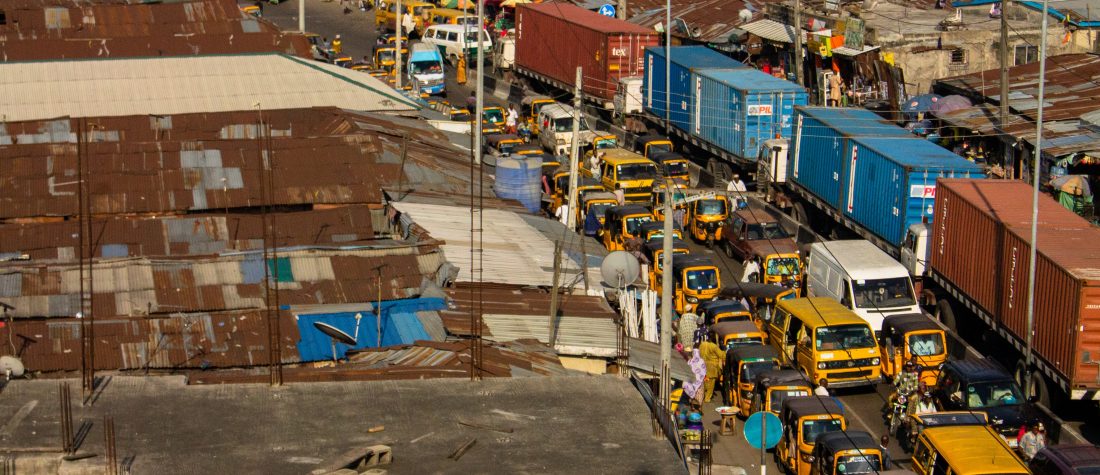As the European Parliament is considering the way to go on the motion for resolution on the ongoing breaches of human rights in Nigeria brought forward by MEP Gianna Gancia, the EU should take into consideration the plight of many Nigerians who board on flights to Europe to excuse human rights abuses at home.
As it stands, at the centre of the migration crises of Africans to Europe is a feeling of helplessness of youth in the face of human rights abuses in their countries. In a spring 2018 survey, 45% of Nigerian adults said they plan to move to another country sometime within the next five years – by far the highest share of any country surveyed. Many say they want to escape violence.
This is not unusual for a government that is infamous for repressing human rights. Last year, Amnesty International reported more than 56 people killed across the country in protest against the now-defunct unit of the Nigerian Police Force called the Special Anti-Robbery Squad (SARS). The first commemoration of the #EndSARS movement on October 20, 2021 was marred by similar incidents that sparked the protests in the first place. Muhammadu Buhari, the President of the country, described these grievances as child’s play.
The recent coups in Guinea and Sudan show that democracies in African countries are ever in need of eternal vigilance, and firm commitments to it from home and abroad are welcome. The condemnation of the coup by the European Union High Representative Josep Borrell falls short of the immediate freezing of $700 million in development assistance to Sudan by the US. While the EU’s cautious stance is understandable due to the need for consensus from the Member States, the delay in stronger tactics of condemning the regime may be mistaken for a tacit endorsement of human rights abuses in other countries like Nigeria.
Among West African countries, Nigeria has a potential to become the main economic partner for the EU among ACP countries with vast opportunities for trade and investment. Currently, the European Union is a major importer of Nigerian oil and gas (around 20% of crude oil and 80% of gas). However, Buhari has yet to sign the EU Economic Partnership Agreement with ECOWAS member states, which creates a stronger need for the EU to address national and regional challenges if it wants to have a stable regional partner.
The European leaders have the opportunity to make a difference in Nigeria by promoting democracy and supporting the fight against corruption. Corruption has undermined the credibility of the government, impoverished the country, and fuelled insurgency and violence. Nigerians have come to believe that their government not only condones corruption but facilitates it. The MEPs could start by highlighting inadequacies of the current anti-corruption efforts and support the civil society that introduced constitution reforms to stimulate transparency, improve allocation of resources, and restore national security.
Fortunately, this coincides with the EU’s efforts to increase the transparency of European oil companies operating abroad – Nigeria is one of their primary investment areas. Multinational corporations working in Nigeria need to be held to the highest standards of transparency that would then complement national efforts to discourage the misappropriation or misuse of federal revenues.
The policymakers could also use its influence to encourage the Nigerian government to address brutal military repressions and adopt the rule of law to fight crime and human rights abuses. Targeted EU efforts to strengthen institutions that protect individual and communities’ rights could be an entry point for supporting those capacities.
If Nigeria is to play a leading role in advancing peace and democracy in Africa, it has to address the issues of human rights abuses, violence, insecurity, corruption, and lack of transparency. For many Nigerians, the desire to escape the gross human rights abuses is at the heart of their desire to emigrate by any means necessary. Constitutional reform and improved security policies are the way Nigeria can build its legitimacy and authority as a leader in the region. The EU should support those goals to make sure that human rights and the rule of law are the high priority as well as Nigeria’s ability to be forward looking toward stronger economic partnership with Europe and the rest of the world.
Olumayowa Okediran is Director of Programs at Students For Liberty.


